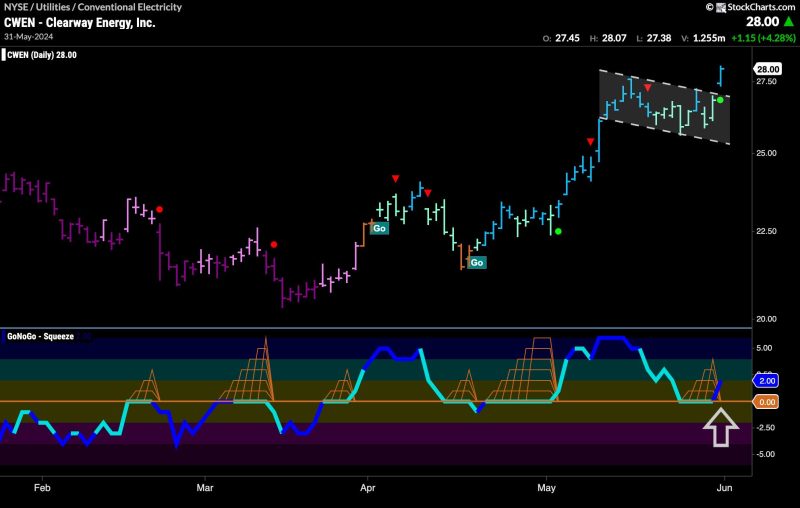As utilities strive to meet the growing energy demands of the modern world, they are also making significant contributions to equity markets. The relationship between utilities and equity markets is multifaceted, with various factors influencing their dynamics.
Shift Towards Renewable Energy
The global momentum towards renewable energy sources has been a key driver in the utility sector’s impact on equity markets. As utilities increasingly invest in renewable energy projects, such as solar and wind farms, investors are turning their attention to these environmentally friendly initiatives. The growth of renewable energy is not only a response to environmental concerns but also a strategic move by utilities to diversify their energy sources and adapt to changing market trends.
Regulatory Environment
The regulatory environment plays a pivotal role in shaping the relationship between utilities and equity markets. Government policies and regulations regarding energy production, emissions standards, and renewable energy mandates directly impact utilities’ operations and financial performance. Changes in regulations can significantly affect utilities’ stock prices and investor sentiment, leading to fluctuations in equity markets.
Technological Advancements
Technological advancements in the utility sector have been a catalyst for innovation and growth, influencing equity markets in the process. The integration of advanced grid technologies, smart meters, energy storage solutions, and data analytics has optimized utilities’ operations, improved efficiency, and enhanced customer experience. Investors flock to utilities that adopt cutting-edge technologies, driving up their stock prices and market value.
Market Competition and Consolidation
Competition and consolidation within the utility sector have a profound impact on equity markets. Mergers and acquisitions, strategic partnerships, and market disruptions can reshape the competitive landscape and investor perceptions. Utilities that successfully navigate industry challenges, expand their market presence, and deliver strong financial performance often attract investor interest and drive market growth.
Global Economic Trends
Global economic trends, geopolitical events, and market uncertainties also influence the relationship between utilities and equity markets. Factors such as economic growth, interest rates, trade policies, and energy demand projections can create volatility in equity markets, impacting utilities’ stock prices and market performance. Investors closely monitor these external factors to assess the financial health and growth potential of utilities.
In conclusion, the intricate relationship between utilities and equity markets is shaped by a variety of factors, including the shift towards renewable energy, regulatory environment, technological advancements, market competition, and global economic trends. As utilities continue to adapt to the evolving energy landscape and market dynamics, their impact on equity markets will remain significant, offering investors opportunities for growth and diversification in their portfolios.

